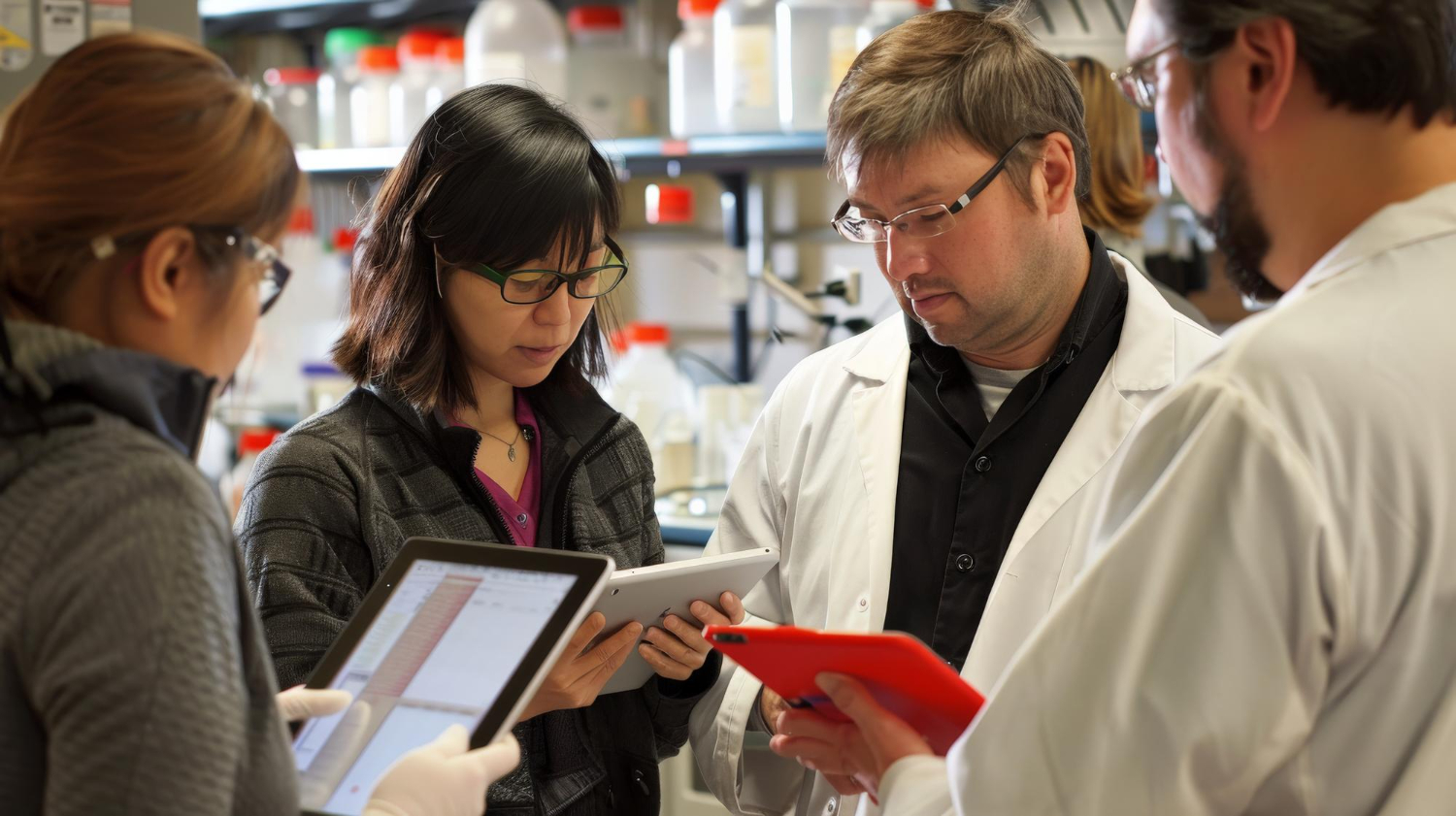Introduction
In today’s rapidly evolving healthcare landscape, the role of pharmacists is more critical than ever. They not only dispense medications but also play a vital role in managing patient health and well-being. With the emergence of the concept of the “Pharmacist Hub,” there is a transformative opportunity to enhance the accessibility and effectiveness of pharmaceutical care. This article explores what a Pharmacist Hub is, the services it offers, its benefits, the challenges it faces, and its future in the healthcare system.
What is a Pharmacist Hub?
A Pharmacist Hub is a centralized platform or service model designed to facilitate the interaction between pharmacists, patients, and healthcare providers. It acts as a one-stop shop for various pharmaceutical services, ensuring that patients receive comprehensive care tailored to their needs. By integrating multiple services under one roof, Pharmacist Hubs aim to improve patient satisfaction and, ultimately, health outcomes.

Services Offered by Pharmacist Hubs
Pharmacist Hubs offer a wide range of services that go beyond traditional pharmacy roles. These include:
1. Medication Management
Pharmacists in a Pharmacist Hub provide personalized medication plans, monitor patient adherence, and adjust therapies as necessary. This is especially crucial for patients with chronic diseases who require multiple medications. Pharmacists ensure that patients understand their medications, including how to take them correctly and what to expect.
2. Patient Education and Counseling
Hubs facilitate one-on-one consultations where patients can learn about their medications, potential side effects, and necessary lifestyle modifications to improve their health. This education is vital for empowering patients and enhancing their engagement in their treatment.
3. Health Screenings and Immunizations
Many Pharmacist Hubs offer health screenings for conditions such as diabetes and hypertension, as well as immunizations, making preventive care more accessible. This not only benefits patients by detecting health issues early but also helps reduce the burden on healthcare systems.
4. Collaboration with Healthcare Providers
Pharmacists in these hubs work closely with doctors and other healthcare professionals to ensure a holistic approach to patient care. This collaboration is essential for coordinating treatment and optimizing outcomes.
Benefits of Pharmacist Hubs
Pharmacist Hubs present numerous benefits that can transform healthcare:
1. Accessibility and Convenience
Patients can access a variety of services in one location, reducing the need for multiple appointments and improving the overall patient experience. This is especially important for those facing transportation barriers or having busy schedules.
2. Improved Medication Adherence
With personalized support and education, patients are more likely to follow their medication regimens, leading to better health outcomes. Pharmacists can identify adherence issues and work with patients to overcome them.
3. Enhanced Patient Outcomes
By providing comprehensive care, Pharmacist Hubs have been shown to reduce hospitalizations and improve chronic disease management. This not only benefits patients but also alleviates pressure on healthcare systems.
4. Cost-Effectiveness
These hubs can lower healthcare costs by preventing complications through proactive management and education. By avoiding hospitalizations and complications, Pharmacist Hubs can contribute to a more sustainable healthcare system.
Technology in Pharmacist Hubs
The integration of technology in Pharmacist Hubs is revolutionizing the way care is delivered. Telepharmacy services allow pharmacists to consult with patients remotely, expanding access to care, especially in rural areas. Additionally, health tech tools help manage patient data, streamline workflows, and enhance communication among healthcare providers.
Telepharmacy
Telepharmacy enables pharmacists to offer consultation services to patients who cannot visit the pharmacy in person. This is particularly valuable during emergencies, such as the COVID-19 pandemic, where social distancing became essential. Telepharmacy not only improves accessibility but also allows for continuous patient monitoring.
Health Management Tools
Digital tools, such as medication tracking apps and health management platforms, enable pharmacists to monitor patient adherence and provide medication reminders. These tools facilitate communication and ensure that patients receive the necessary support.
Case Studies
Several successful implementations of Pharmacist Hubs illustrate their positive impact on healthcare. For instance, a hub in a major urban center reported a 30% reduction in hospital readmissions among patients with chronic conditions after implementing a comprehensive medication management program. Patient testimonials highlight improved understanding of medications and greater satisfaction with care.
Success Story: Medication Management Program
In a case study conducted in a community health setting, a medication management program was implemented in a Pharmacist Hub. Pharmacists worked directly with patients taking multiple medications, providing education and regular follow-up. As a result, patients reported better adherence to their medication regimens and a decrease in side effects.
Challenges Faced by Pharmacist Hubs
Despite their benefits, Pharmacist Hubs face several challenges:
1. Regulatory Hurdles
Regulations can limit the services that Pharmacist Hubs can offer. It is essential for pharmacists to advocate for policy changes to allow greater flexibility in the care they can provide.
2. Public Perception and Awareness
Public awareness of the services offered by Pharmacist Hubs remains low. It is crucial to conduct outreach and education campaigns to inform the community about the benefits of these services.
3. Competition with Traditional Pharmacies
Pharmacist Hubs must compete with traditional pharmacies that may not offer the same level of integrated services. It is vital for Hubs to differentiate themselves through the quality of care and variety of services.
Future of Pharmacist Hubs
The future of Pharmacist Hubs looks promising, with trends indicating an increased focus on personalized medicine and preventive care. As the healthcare landscape continues to evolve, pharmacists are expected to play an increasingly vital role in patient care, making the Pharmacist Hub model a key component of modern healthcare.

Innovations in Pharmaceutical Care
Research and development in the field of pharmacology and technology are driving new opportunities for Pharmacist Hubs. Innovations in chronic disease treatment, as well as the use of artificial intelligence for medication management, are changing the way pharmacists interact with patients.
Focus on Public Health
Pharmacist Hubs can also play a crucial role in public health, especially in promoting vaccination and educating about preventable diseases. As pharmacists take a more active role in community health, their influence is expected to grow.
Conclusion
Pharmacist Hubs represent a significant advancement in the delivery of pharmaceutical care, offering a comprehensive, patient-centered approach that benefits both patients and the healthcare system as a whole. As we look to the future, it is essential for healthcare stakeholders to recognize and support the growth of these innovative hubs to enhance patient outcomes and streamline care.


1 thought on “Pharmacist Hub: Transforming Pharmaceutical Care”